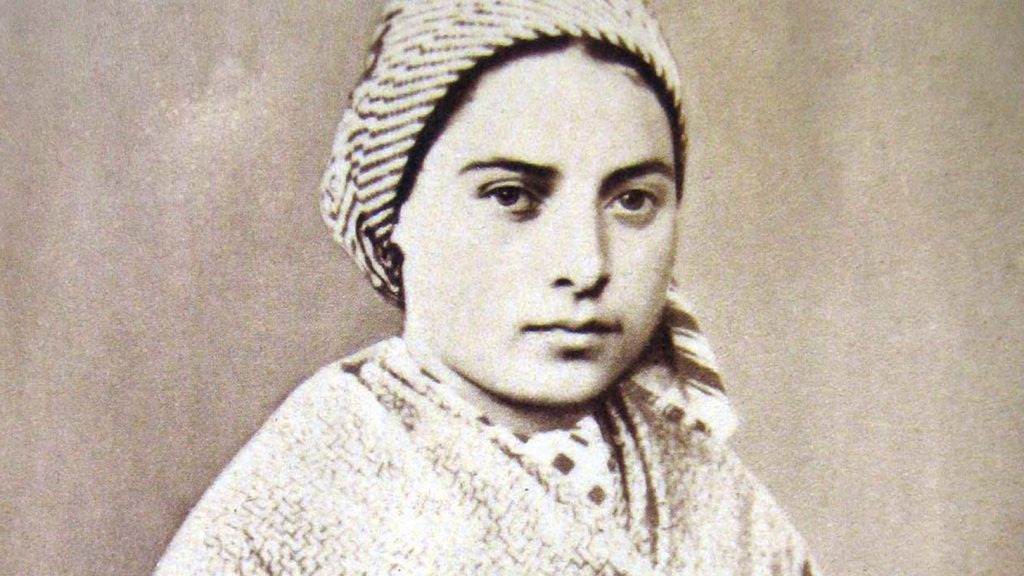The Virgin Mary first appeared to Marie Bernarde Soubirous (now known as St Bernadette, photographed above) in a cave at Lourdes in the Pyrenees today in 1858. The visions came 18 times over five months, although it was only towards the end that the beautiful young woman Bernadette saw was revealed to be the Virgin. Consequently, Lourdes became one of the most popular pilgrim destinations in history.
Pope Pius X issued his encyclical Vehementer Nos (‘We vehemently…’) today in 1906. As the title suggests, it was a strong protest against a new French law which separated church and state, undoing an arrangement Napoleon had put in place a century earlier. The Pope wasn’t the only one to protest. Angry French Catholics barricaded themselves inside churches, rang the bells and ran around with pitchforks, while Basque Catholics, who were properly furious, roamed the streets with bears.
The Vatican was declared an independent state in the Lateran Treaty agreed between Mussolini and Pope Pius XI, today in 1929. The Pope also got a large compensation for his loss of the Papal States and Italy became officially Catholic. In return, the Pope recognised the state of Italy and its right to Rome. The Pope was a temporal sovereign again, having had nowhere to rule for the past 60 years; but having reigned over the better part of Italy, the Vatican state, with less than 1,000 inhabitants, was a bit of a climbdown.
Photograph: Wikimedia
